New research from the National Centre for Vocational Education Research (NCVER) sheds light on the distinguishing characteristics of high-achieving registered training organisations (RTOs). Rather than focusing solely on traditional benchmarks like completion rates, these RTOs emphasise “intention-based” actions – the intangible efforts they make to build strong relationships with their staff and employers.
Unravelling Altruism as the Key Motivator
Surprisingly, altruism emerged as a powerful driving force for high-performing RTOs. Their leaders see their organisations as more than just businesses; they deeply value their connections to the community. This intrinsic motivation challenges the usual methods of boosting performance, as it can’t be easily measured or enforced. However, it opens possibilities to inspire other RTOs by promoting the significance of community ties.
The Path to RTO Excellence
Thriving RTOs adopt a “bigger picture” perspective, prioritising student support, employer engagement, and leadership efforts over mere completion rates. Their supportive practices create positive word-of-mouth, attracting students without the need for extensive advertising. It also brings significant business sustainability benefits, encouraging other RTOs to follow suit.
Leadership style plays a vital role in turning motivations into actions. Successful RTOs prefer a transformational leadership approach, emphasising relationships and motivating staff to align with the organisation’s goals. Providing tailored resources and support to VET leaders can further boost high performance in the unique RTO environment.
Elevating RTO Performance
The research offers a fresh perspective on RTO performance, emphasising the importance of understanding how providers assess themselves. With insights into the altruistic motivations and community engagement of high-performing RTOs, there’s a new foundation to support and promote RTO excellence.
To sum up, NCVER’s study reveals valuable keys to success for high-performing RTOs. Policymakers must consider the significance of intention-based actions, community interconnectedness, and transformational leadership to elevate RTO performance. With this newfound understanding, the VET sector is poised to deliver top-quality training and services.



